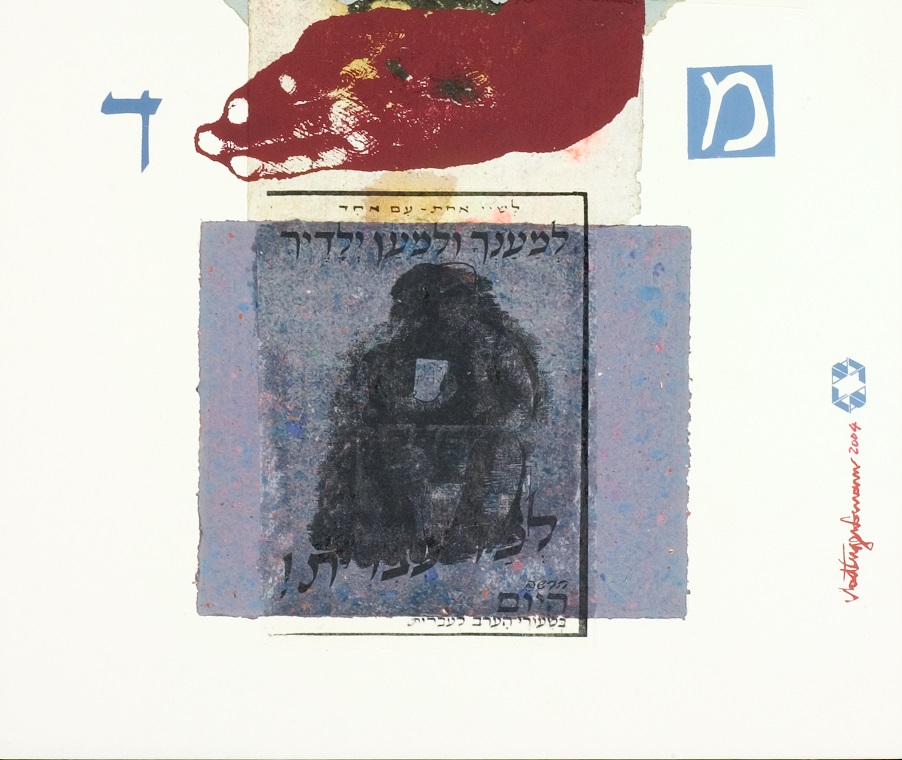Primo Levi
the articulator of memories
DOI:
https://doi.org/10.35699/1982-3053.2022.39014Keywords:
Primo Levi, Memory, AuschwitzAbstract
This article establishes the poetic and aesthetic steps of the articulation of memory in the work “Is this a man?”, by the Italian author Primo Levi. In the work, Levi seeks to establish mnemonic paths to, through the memory of his period as a prisoner of the concentration camp in Auschwitz, denounce the atrocities of the German extermination factory against Jews, in World War II, through the eternalization of his testimony in a work poetic. Through his outrage at the horror, Levi narrates the engineering of Nazi death, to show that the Holocaust was a complex system of human execution through a painstaking process of dehumanization and deconstruction of all traces of dignity of prisoners in camps. of concentration.
Downloads
References
ADORNO, Theodor W. Dialética do esclarecimento: fragmentos filosóficos. Rio de Janeiro: Zahar, 1985.
AGOSTINHO, Aurélio (Santo Agostinho). Confissões. Tradução J. Oliveira Santos, S.J. e A, Ambrósio de Pina, S.J. São Paulo: Editora Nova Cultural (Coleção Os Pensadores), 2004.
ECO, Umberto. Lector in fabula: a cooperação interpretativa nos textos narrativos. São Paulo: Perspectiva, 2011.
GAGNEBIN, Jeanne Marie, Lembrar escrever esquecer, São Paulo: Editora 34, 2006.
LEVI, Primo. É isto um homem?. Rio de Janeiro: Rocco, 1988.
LEVI, Primo. Os afogados e os sobreviventes. São Paulo/Rio de Janeiro: Paz e Terra 2020.
RICOEUR, Paulo. A memória, a história, o esquecimento. Campinas: Editora Unicamp, 2007.
Downloads
Published
How to Cite
Issue
Section
License
Copyright (c) 2022 Arquivo Maaravi: Revista Digital de Estudos Judaicos da UFMG

This work is licensed under a Creative Commons Attribution 4.0 International License.
Os direitos autorais pertencem exclusivamente aos autores. Os direitos de licenciamento utilizados pelo periódico é a licença Creative Commons Attribution 4.0 (CC BY 4.0): são permitidos o compartilhamento (cópia e distribuição do material em qualquer meio ou formato) e adaptação (remix, transformação e criação de material a partir do conteúdo assim licenciado para quaisquer fins, inclusive comerciais.






